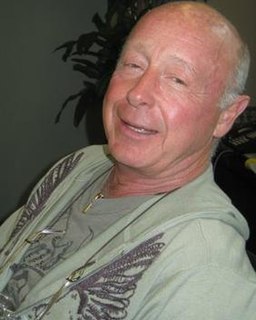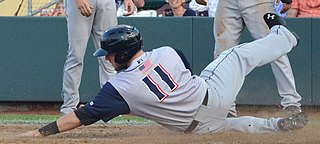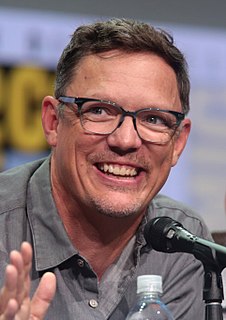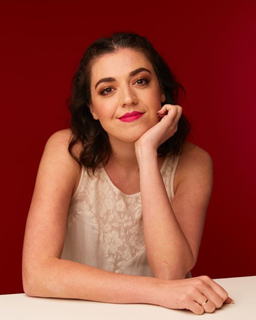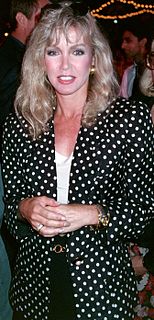A Quote by Tony Scott
I can't sit on my bum very long in a movie theater seat, and when I'm directing, I always want to move the camera or edit.
Related Quotes
I'd already started directing short films when we were doing 'Lord of the Rings,' then videogame projects. So Peter's known that I've been heading towards directing for a long time. But I always thought my first outing would be a couple of people and a digital camera in the back streets of London somewhere!
In editing, you really face what the movie is. When you shoot it, you have this illusion that you're making the masterpieces that you're inspired by. But when you finally edit the movie, the movie is just a movie, so there is always a hint of disappointment, particularly when you see your first cut.
I generally go into a movie with a very strong vision, with how I want to make the film, how I want to shoot the film, how I want to edit the movie, what I want the sound to sound like. So I have a very concrete idea even if I don't storyboard it, I know exactly what I want to do once I get into the sequence. Now having said that, I try not to let that slave me to the process. So if I do storyboard a sequence I don't necessarily stick to it if I discover more exciting things on set.
